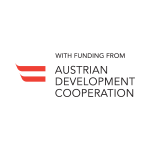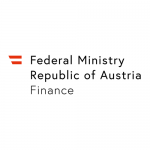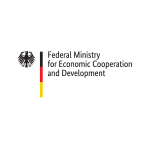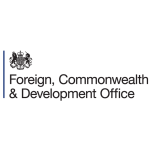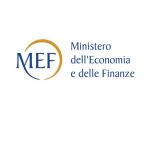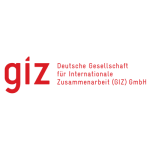Supported Projects
UNIVERSITY OF ANTWERP
Unlocking skilled migration pathways for refugees and displaced people
Refugee talents remain a largely untapped resource: many possess skills that are demanded in high-income countries and aspire to migrate; yet they are often locked out of skilled migration systems due to administrative barriers. In collaboration with Talent Beyond Boundaries, a charity that matches skilled migrants with employers, this research will assess the impact of skilled-worker visas on refugees and their families. It will also identify the enabling factors and challenges that influence the success or failure of the program.
Find out more about Talent Beyond Boundaries here:
talentbeyondboundaries.org
USTOCKHOLM UNIVERSITY
Can international educational migration be a game changer for an individual’s economic opportunities and create considerable benefits for those who stay behind?
International educational migration has the potential to be a sustainable solution that maximizes the economic benefits of safe, orderly, and regular migration. Partnering with Malengo, an NGO that provides scholarships for Ugandan high school graduates to study a university degree in Germany, this project will examine the effects of educational migration on students’ labor outcomes and aspirations, as well as on the community left behind.
Find out more about Malengo here:
malengo.org
NA’AMAL
The potential of online labor markets to integrate refugees into the global workforce
The global remote work market is a powerful tool that can be leveraged for receiving countries and refugees alike. In destination countries, remote work may serve as a “pressure release valve”, helping to absorb excess migrant labor while the local market adjusts. For refugees, access to online work might transform livelihoods, migration decisions, and educational investments. To test the promise of digitization, this project partners with researchers from Harvard University and with Upwork Academy to support refugees on accessing global online labor markets.
Find out more about Na’amal here:
naamal.org
FUNDACION ISEAK
Evaluating the impact of Spain’s Migration Reform
European countries are facing a skills gap challenge alongside a surge in irregular migration. In response, Spain implemented a comprehensive migration reform in 2022 which addresses these two challenges: filling the skills gap while leveraging the human capital of irregular migrants already residing in rich countries. Supported by the Spanish Ministry of Inclusion, Social Security and Migration, ISEAK will evaluate the impact of Spain’s migration policy changes on migration flows and their composition, labor market trajectories of regularized migrants, and spillover effects on native workers and local firms.
Find out more about ISEAK here:
iseak.eu

